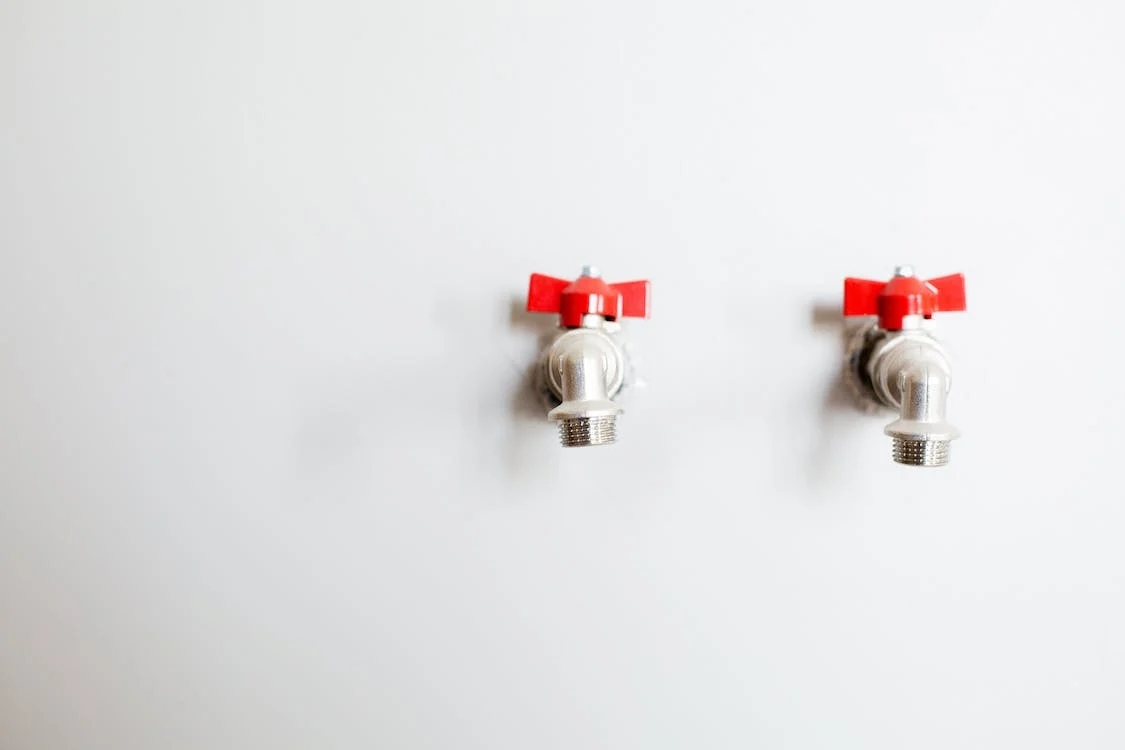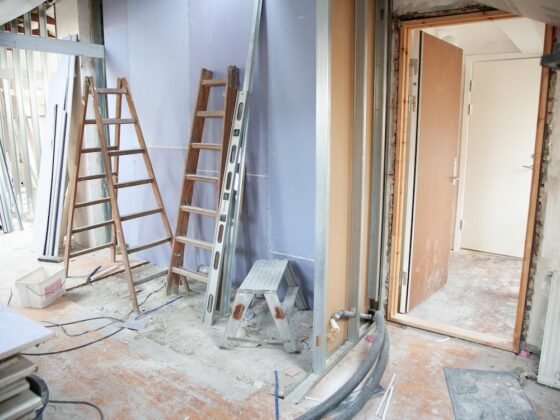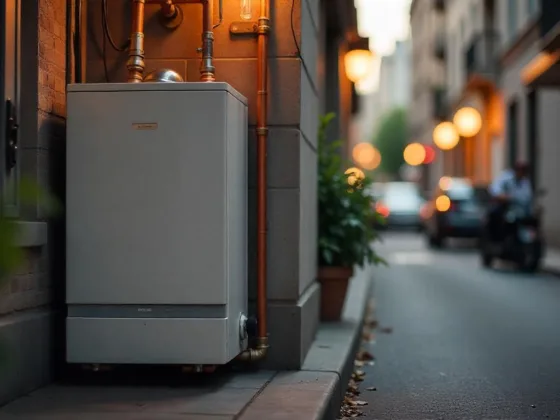Table of Contents Show
You may consider upgrading your home heating system as the days get colder. But there are many different heating systems, so how do you know which is right for you?

In this article, I’ll explain the pros and cons of each type of heating device from furnaces and boilers to radiant heat systems, and when it’s time to replace your old system.
What are the Different Types of Heating?
Radiation heaters are devices that use electricity to produce heat. They’re usually installed in a room or area, radiating the heat outward. The most common type of radiation heater is the space heater, which you might use to warm up your living room on cold days. Plumbing and heating in New Hampshire can help you!
Radiant convectors use water or oil as a medium for transmitting thermal energy from one point to another through radiation rather than conduction or convection (like most other heating systems).
This means they’re excellent at delivering warmth evenly throughout an entire room or space but they can’t be used outdoors because they rely on enclosed pipes for transferring heat from one place to another!
Boiler systems are sometimes called hot water boilers because they use steam pressure generated by burning natural gas or propane fuel to heat your home’s water supply before sending it through pipes throughout your house as needed.
Read Also:
How Can I Reduce My Energy Use?
Several factors determine your home’s energy use. The first step to reducing your energy consumption is to ensure your home is adequately insulated, keeping the heat in during winter and keeping cool air out during summer.
You can also take advantage of programmable thermostats that automatically turn down temperatures when no one is home and smart ones that learn your habits over time so they can adjust accordingly without your help!
If you’d like more immediate results, installing a wood-burning or pellet stove could be right up your alley. These appliances work like traditional furnaces but are much more efficient at providing heat because they burn natural materials instead of fossil fuels and are often cheaper than traditional heating systems!
If these options aren’t for you (or if there isn’t enough room), consider installing a geothermal heat pump instead; this system uses underground pipes filled with mineral oil or water to transfer heat from one part of Earth’s surface into another part without using electricity or other forms of power generation whatsoever!
Is it Time to Replace My Old Heating System?
Do you have a large house with several rooms? Is there anything unique about your home design (e.g., lots of windows) that makes it more challenging to heat and cool?
These factors affect how much energy is required to heat and cool your home and may influence whether or not it’s worth replacing your current system.
Replacing an entire heating system can cost thousands of dollars and if the cost is prohibitively high for your budget, then perhaps it makes sense to invest in new ductwork instead!
The Bottom Line on New Home Heating Systems
The bottom line for new home heating systems is that you should replace your old one with a new one. You can save money by replacing it, you can save the environment by replacing it, and it will help you stay comfortable in your home.
You only have to worry about the cost of a new heating system. But if you take advantage of our financing options, you can disappear from that concern.









